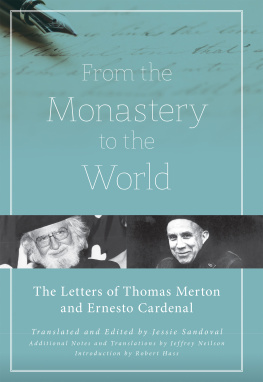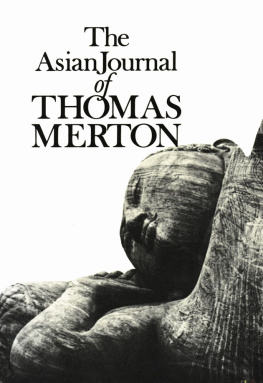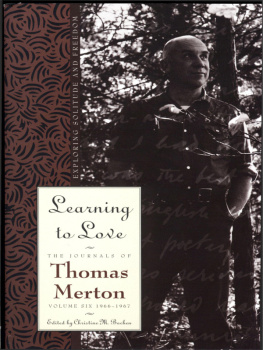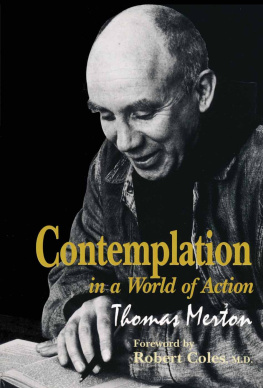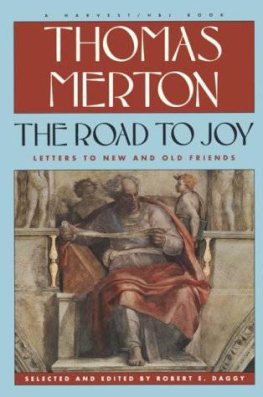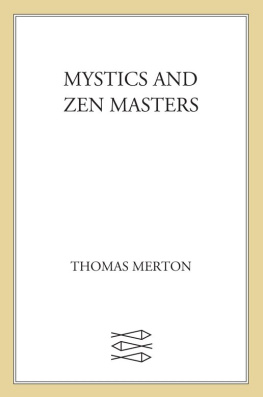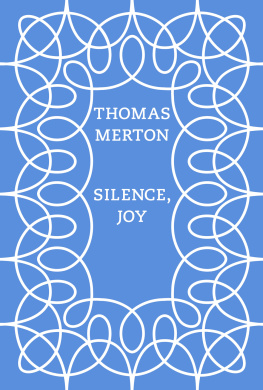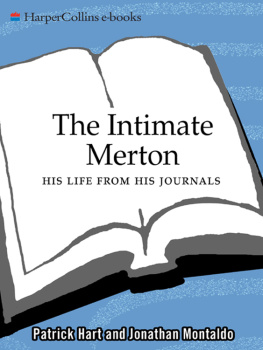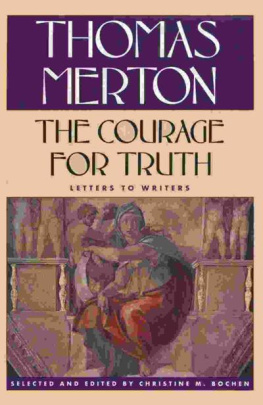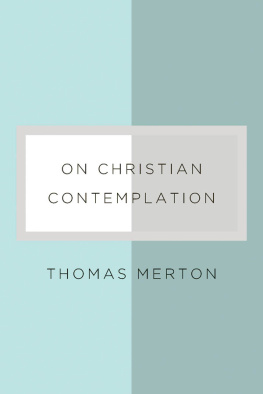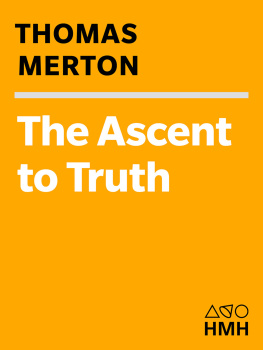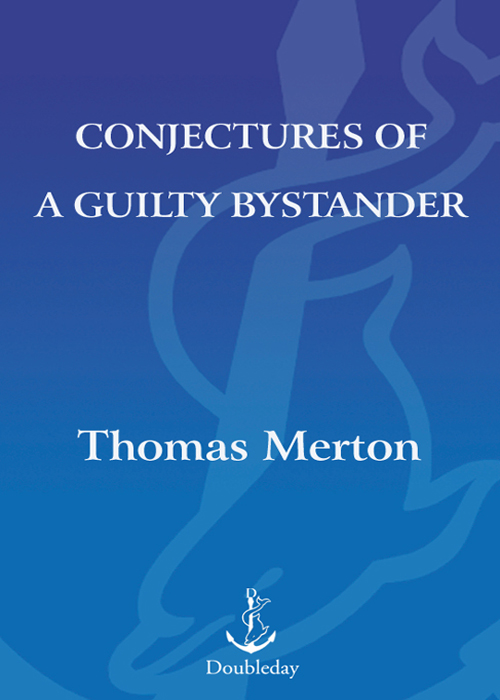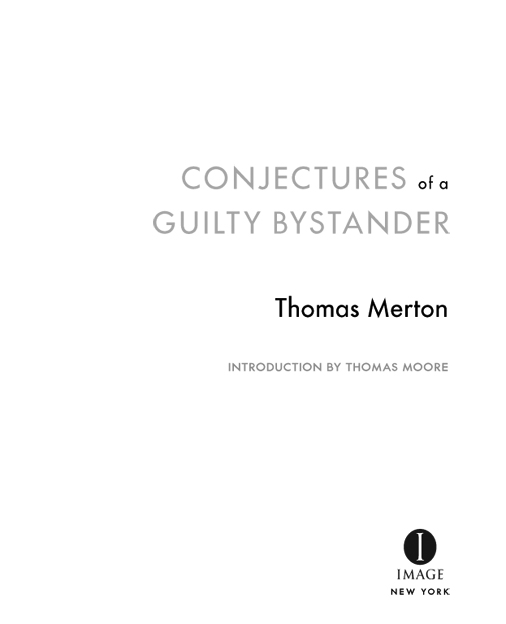This book consists of personal reflections, insights, metaphors, observations, judgments on readings and events. The material is taken from notebooks which I have kept since 1956. Though they are personal and conversational and represent my own version of the world, these entries are not of the intimate and introspective kind that go to make up a spiritual journal. There is certainly nothing private or confidential here.
As I said, these notes add up to a personal version of the world in the 1960s. In elaborating such a version one unavoidably tells something of himself, for what a man truly is can be discovered only through his self-awareness in a living and actual world. But these pages are not a venture in self-revelation or self-discovery. Nor are they a pure soliloquy. They are an implicit dialogue with other minds, a dialogue in which questions are raised. But do not expect to find my answers. I do not have clear answers to current questions. I do have questions, and, as a matter of fact, I think a man is known better by his questions than by his answers. To make known ones questions is, no doubt, to come out in the open oneself. I am not in the market for the ready-made and wholesale answers so easily volunteered by the public and I question nothing so much as the viability of public and popular answers, including some of those which claim to be most progressive.
Maybe the best way to characterize this book is to say that it consists of a series of sketches and meditations, some poetic, and literary, others historical and even theological, fitted together in a spontaneous, informal philosophic scheme in such a way that they react upon each other. The total result is a personal and monastic meditation, a testimony of Christian reflection in the mid-twentieth century, a confrontation of twentieth-century questions in the light of a monastic commitment, which inevitably makes one something of a bystander.
Thomas Merton
Copyright 1965, 1966 by The Abbey of Gethsemani
Study guide copyright 2014 by Image, an imprint of the Crown Publishing Group, a division of Random House LLC
All rights reserved.
Published in the United States by Image, an imprint of the Crown Publishing Group, a division of Random House LLC, a Penguin Random House Company, New York.
www.crownpublishing.com
IMAGE is a registered trademark and the I colophon is a trademark of Random House LLC.
First Image edition published February 1968 by special arrangement with Doubleday.
This Image edition published January 2014.
Grateful acknowledgment is made to the following for permission to reprint copyrighted material:
The Macmillan Company and the Student Christian Movement Press Ltd., for excerpts from Ethics by Dietrich Bonhoeffer, copyright 1955 by The Macmillan Company; and from Letters and Papers from Prison by Dietrich Bonhoeffer, copyright 1953 by The Macmillan Company. Reprinted by permission.
New Directions Publishing Corporation and San Francisco Review, for lines from Sara in her Fathers Arms from The Materials by George Oppen, copyright 1962, 1963, 1964, 1965 by George Oppen. Reprinted by permission.
Oxford University Press, Inc., and Chatto & Windus Ltd., for lines from Analogy of Unity in Multeity, from Collected Poems 19301960 by Richard Eberhart, copyright 1960 by Richard Eberhart. Reprinted by permission.
Random House, Inc., and Faber Ltd., for lines from For the Time Being, copyright 1945 by W. H. Auden, from The Collected Poetry of W. H. Auden. Reprinted by permission. Ex parte ordinis
| Nihil obstat: | Fr. Charles English, O.C.S.O.
Fr. Benjamin Clark, O.C.S.O. |
| Imprimi potest: | Fr. Ignace Gillet, O.C.S.O.
Abbot General, February 14, 1966, Rome. |
| Nihil obstat: | John Goodwine, J.C.D., Censor Liborum |
| Imprimatur: | Archdiocese of New York, June 29, 1966 |
The Nihil Obstat and Imprimatur are official declarations that a book or pamphlet is free of doctrinal or moral error. No implication is contained therein that those who have granted the Nihil Obstat and Imprimatur agree with the contents, opinions, or statements expressed.
Cataloging-in-Publication Data is on file with the Library of Congress.
ISBN 978-0-385-01018-4
eBook ISBN 978-0-307-58952-1
v3.0_r2
INTRODUCTION
BY THOMAS MOORE
The Silent Heron
Toward the beginning of this mind-bending collection of short pieces, we find a lovely Zen-like entry that positions the reader at a liminal place appropriate for someone contemplating monastic experience: This morning, before Prime, in the early morning sky, three antiquated monoplanes flew over the monastery with much noise, followed by a great heron. This little lyric captures the role of Thomas Merton in our world today: many antiquated machines have come and gone in the time since Merton wrote these lines, an explosion of technology giving the illusion of progress, while Merton himself continues to fly, pulling up the rear, a great silent heron reminding us that the noisy are not necessarily the knowledgeable.
At first Merton shocked us by speaking to the world so effectively under a vow of silence. Now he gives us another jolt by showing us that almost thirty years after his death his words are still vivid, valid, and challenging. The world of violence and bigotry that he complained about so passionately is still with us, more outrageously than ever. His broad imagination of religion, holiness, and monkhood, far beyond tolerance and even mere appreciation of many cultures and traditions, is still elusive and rare. And most of all, his insights into the paradoxes and subtleties of the religious vision still sting with the vigor he brings to matters of faith.
For example, he says, We believe, not because we want to know, but because we want to be. Steeped in the great spiritual literature of holy ignorance, Merton can urge us away from information for its own sake or from the illusion that we can know everything, and should, if we want to flourish. For him, faith is a way toward being, not knowing. Today we seem more obsessed than ever with factual knowledge, to the extent that not knowing something appears to be a failure rather than a precondition for faith. We have gone so far as to define faith as intellectual conviction rather than living fully in a condition of limited knowledge. Mertons faith-oriented understanding of the intellectual life, so familiar to the monk, is a stumbling block for modern education and even religious institutions. Again, Merton appears as the dumb heron in the exhaust of the noisy machine.
He also takes a strong poke at American innocence, saying that we live as though this land were paradisebefore, beyond, and outside of history. Yet, our problems with bigotry and our tendency toward international aggression disturb the peace of paradise. Merton lived in a protected, secluded environment that some would consider at least marginally paradisical, but with one foot in Eden he stomped and kicked the other in this historical, real-time arena of the polis.
Mertons stance shows that we can, and perhaps ought, to live at that infinitesimally narrow line where paradise and history meet. We need real innocence or we will be condemned to the cynicism we see all around us. We need real-world political savvy or we will be condemned to the innocent irrelevance of those who are caught up in their personal dreams and narcissistic ambitions. Mertons solitude was precious to him and amazingly fertile. His communal life extended far beyond the walls of his abbey and the years of his personal lifetime.


